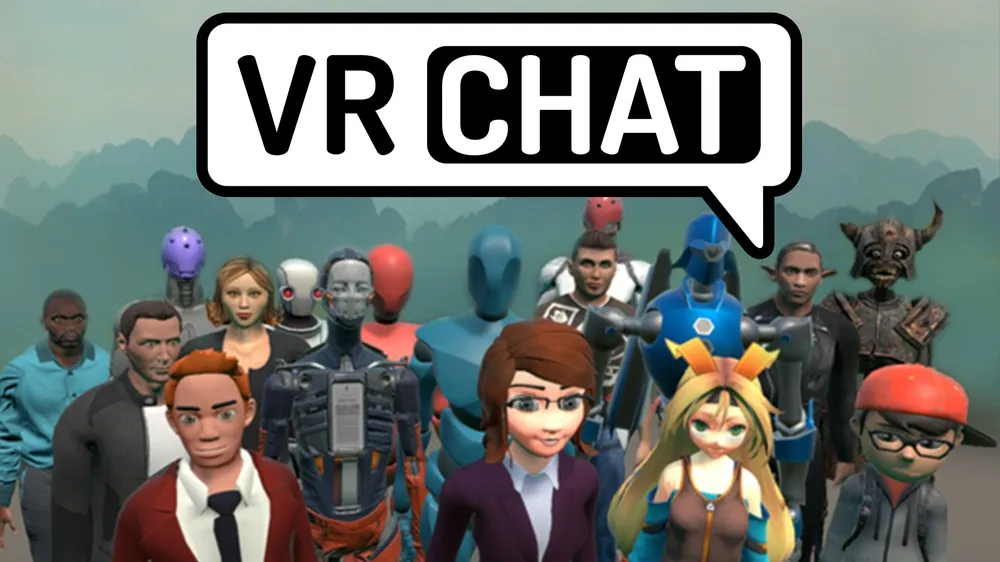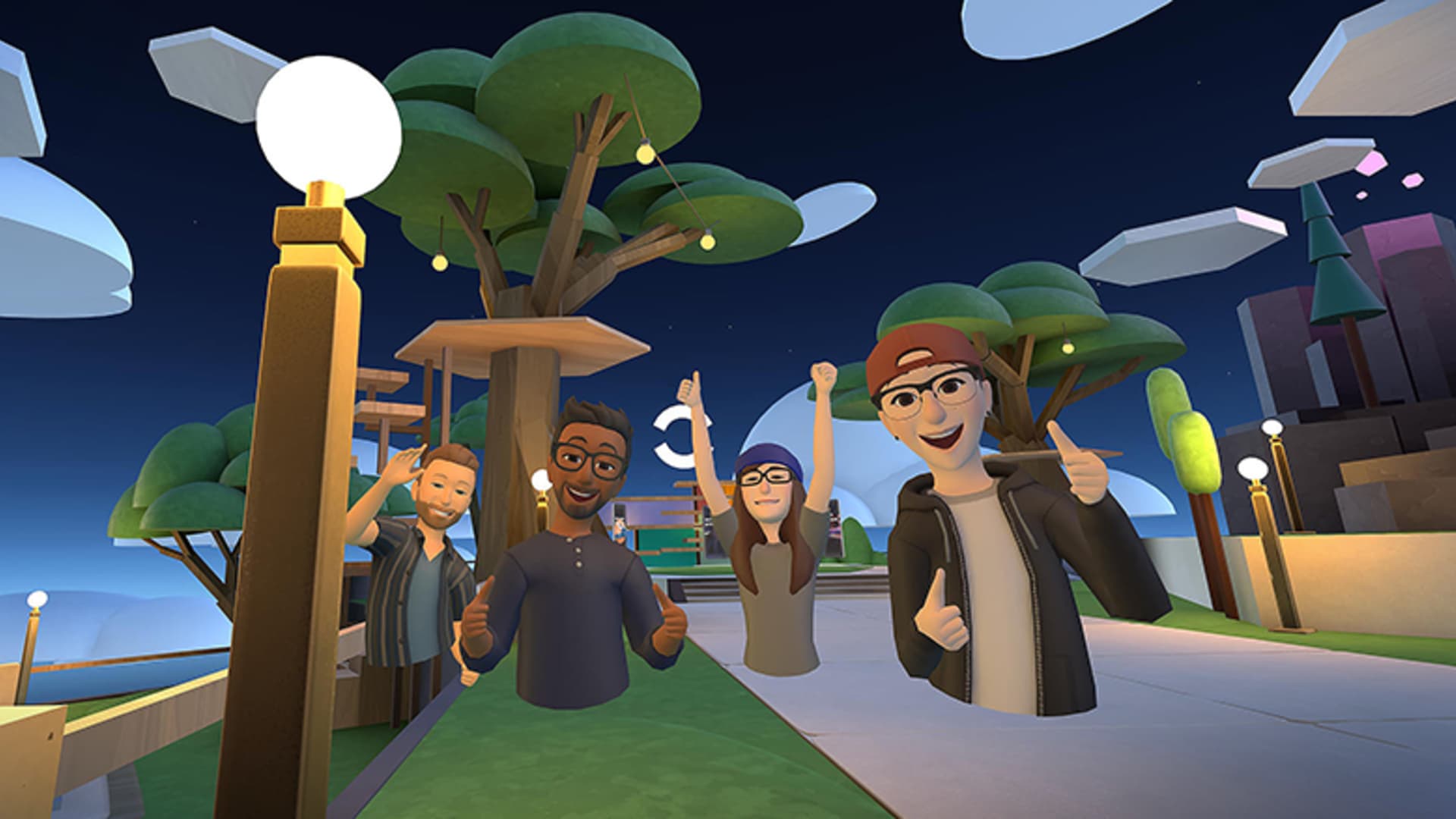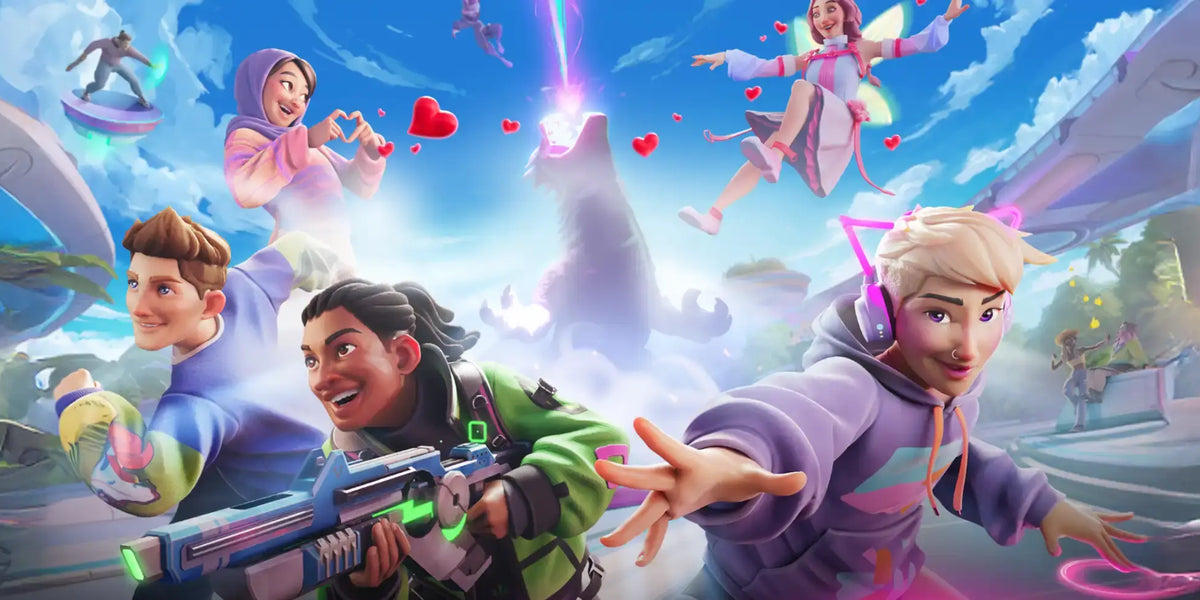Introduction
Imagine meeting your friends in a virtual cafe, attending a concert in space, or even collaborating to solve puzzles in a mysterious escape room, all from the comfort of your home. This isn't science fiction; it's the reality offered by social virtual reality (VR) games, immersive experiences that are redefining the concept of communication and social interaction in the digital age. So, what are these platforms, how are they changing the way we connect, and what does their future hold?_
What are Social VR Platforms?
They are three-dimensional virtual worlds that users can explore and interact with, and with each other, through avatars. These platforms allow users to engage in a wide range of activities, from chatting and gaming to attending events and creating content. Some of the most popular platforms include:
•VRChat: One of the oldest and most popular social VR platforms, known for its freedom of avatar and world customization created by users.
•Meta Horizon Worlds: Meta's (formerly Facebook) ambitious platform that aims to be a core part of the metaverse, providing tools for creating games and social experiences.
•Rec Room: A platform that focuses on games and group activities, characterized by its simple and fun art style.

The Future of Social Interaction
Social VR games offer a richer and more interactive alternative to traditional social media. Instead of just looking at pictures and text, you can "be" with others in the same virtual space, communicating with body language and tone of voice, which creates a stronger sense of presence and real connection.
These platforms also open up new possibilities for learning, work, and entertainment. They can be used to hold immersive business meetings, attend virtual classrooms, or even travel to distant places without leaving home. As VR technology continues to evolve, these experiences will become even more realistic and compelling.

Challenges and the Future
Despite the enormous potential, there are still challenges facing social VR games. The price of VR headsets is still high for many, and some users may experience "motion sickness" when using them for long periods. In addition, there are concerns about privacy and security in these virtual worlds.
But as the price of hardware continues to fall and technology improves, social VR games are expected to become an integral part of our digital lives. They represent not only the future of gaming, but the future of human interaction itself.

